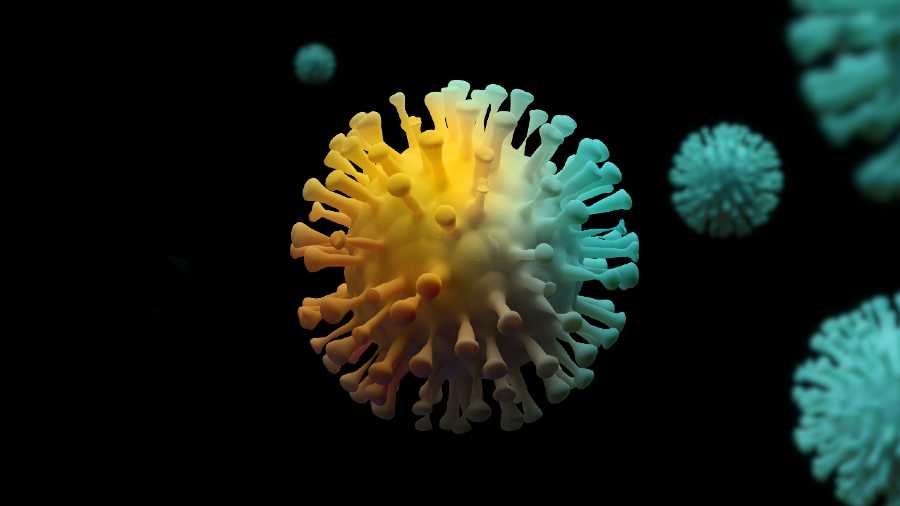Seventy cases of coronavirus Delta Plus variant were found in genome sequencing by INSACOG, a grouping of 28 laboratories involved in the task, Union Science and Technology Minister Jitendra Singh said on Friday.
In a written response to a question in the Lok Sabha, he said so far, 58,240 samples of SARS-CoV2 have been sequenced in the country and of these, 46,124 were analysed.
A majority of these samples -- 17,169 -- were of Delta variant, Singh said.
The Delta variant of SARS-CoV2 was behind the deadly second wave in the country that killed thousands and infected lakhs from March to May. It is also driving the pandemic in different parts of the world. This variant of coronavirus was first detected in India.
There were 4,172 cases of the Alpha variant, followed by 217 of Beta and just one of Gamma.
"A total of 70 Delta Plus strains have been found as on 23.07.2021," Singh said.
In Maharashtra, 23 cases of Delta Plus variant were detected, followed by 11 in Madhya Pradesh, 10 in Tamil Nadu, four in Chandigarh, three each in Kerala and Karnataka, two each in Andhra Pradesh, Punjab, Gujarat, Telangana, Uttar Pradesh, and one each in Uttar Pradesh, Haryana, Jammu, Rajasthan, Odisha and Himachal Pradesh.
In a statement on July 19, the INSACOG said there is currently no evidence of any new Delta sub-lineage that is of greater concern than Delta.
Singh said INSACOG collects samples through the Integrated Disease Surveillance Programme (IDSP) network for public health purpose to assess the impact on transmissibility and disease severity.
The 28 laboratories of the Department of Biotechnology (DBT), Department of Science and Technology (DST), Ministry of Health and Family Welfare (MoHF&W), Council of Scientific and Industrial Research (CSIR), Ministry of Education, Indian Council of Medical Research (ICMR) and state governments are located in 13 states and Union Territories.
The overall aim of the Indian SARS-CoV-2 genomics consortium is to monitor the genomic variations in the SARS-CoV-2 in the country.
Efforts in terms of expansion of INSACOG and onboarding more laboratories have been undertaken. The criteria for recognising the laboratories have been finalised. Laboratories that fulfil the criteria are recognised as INSACOG Genome Sequencing Laboratory, Singh informed the House.











